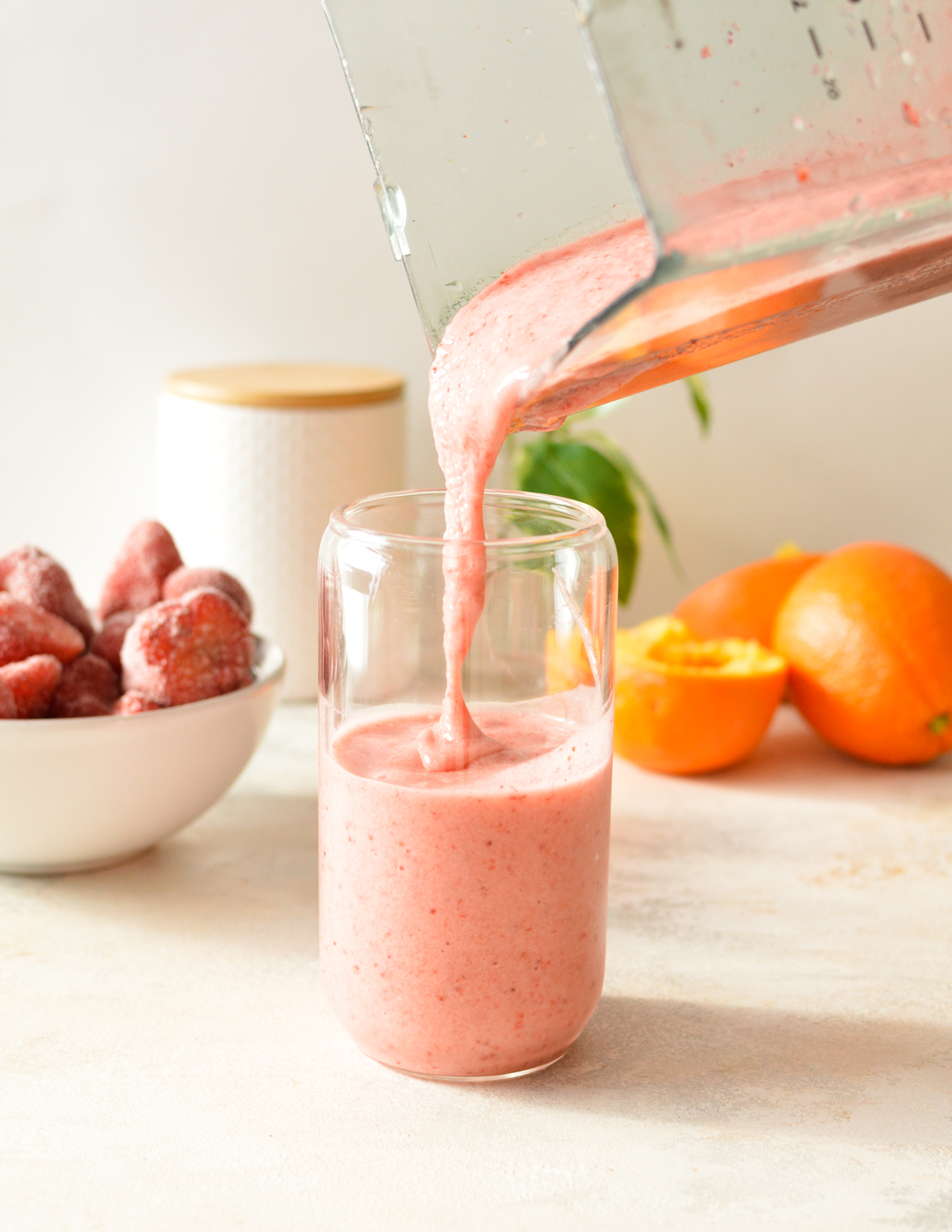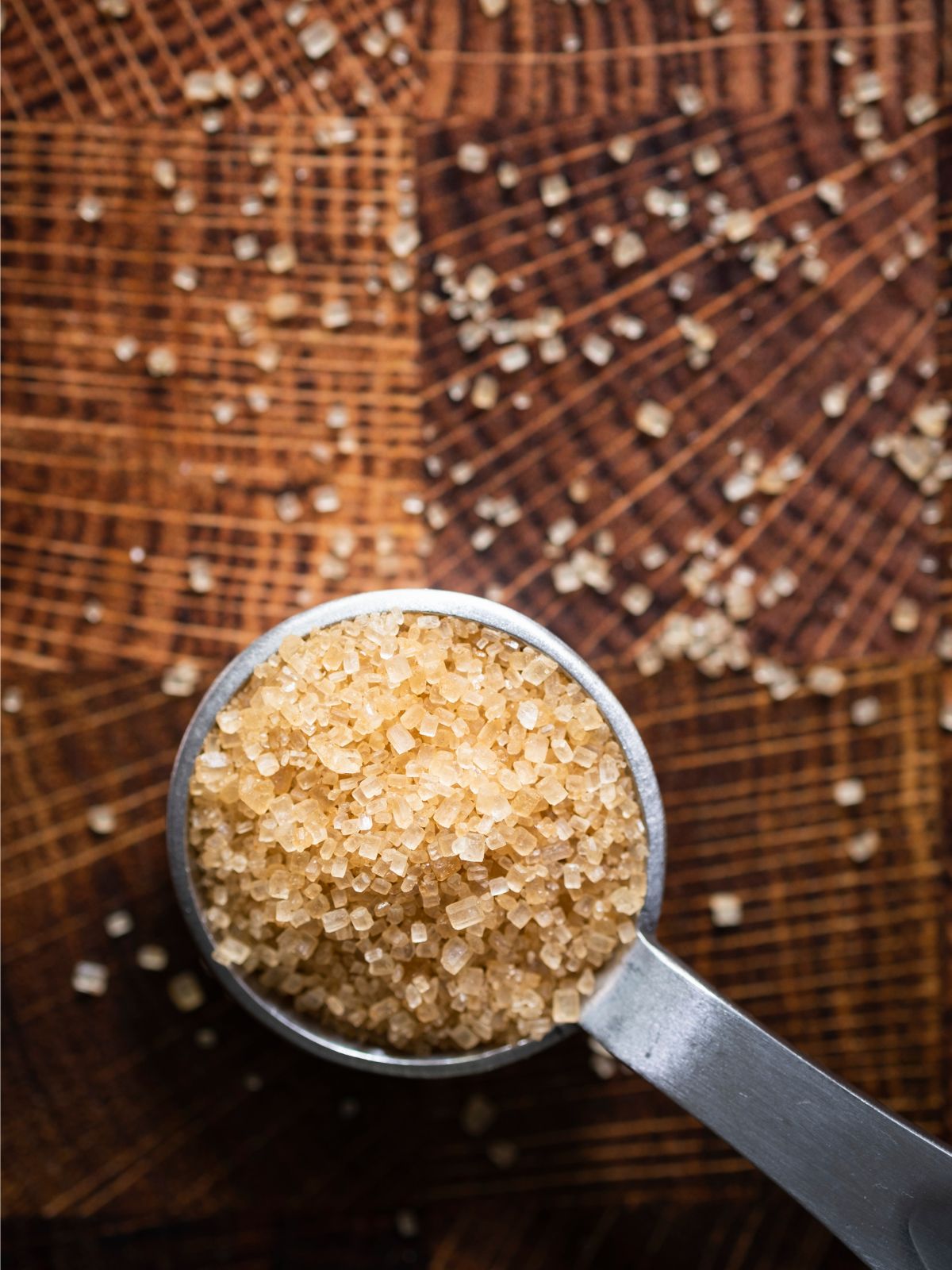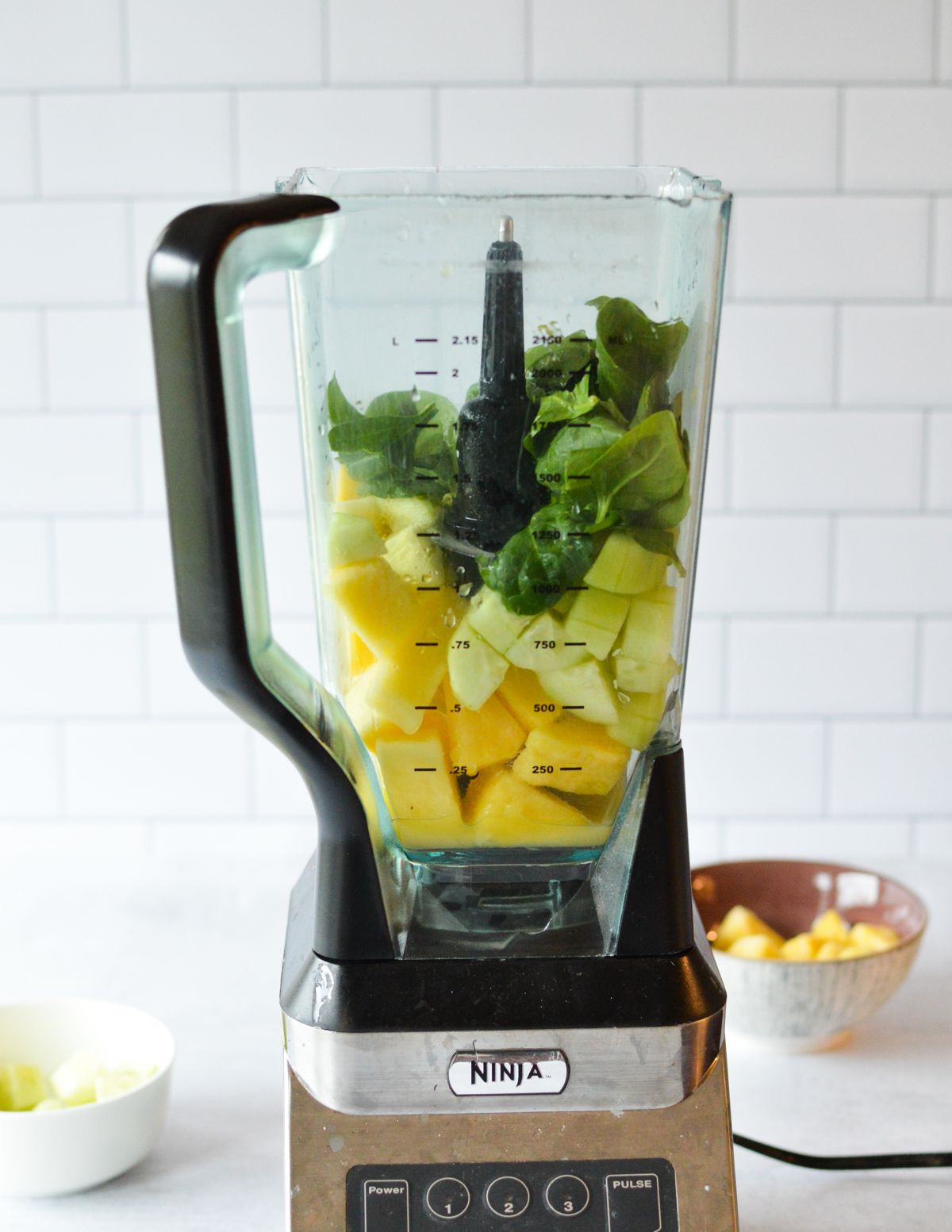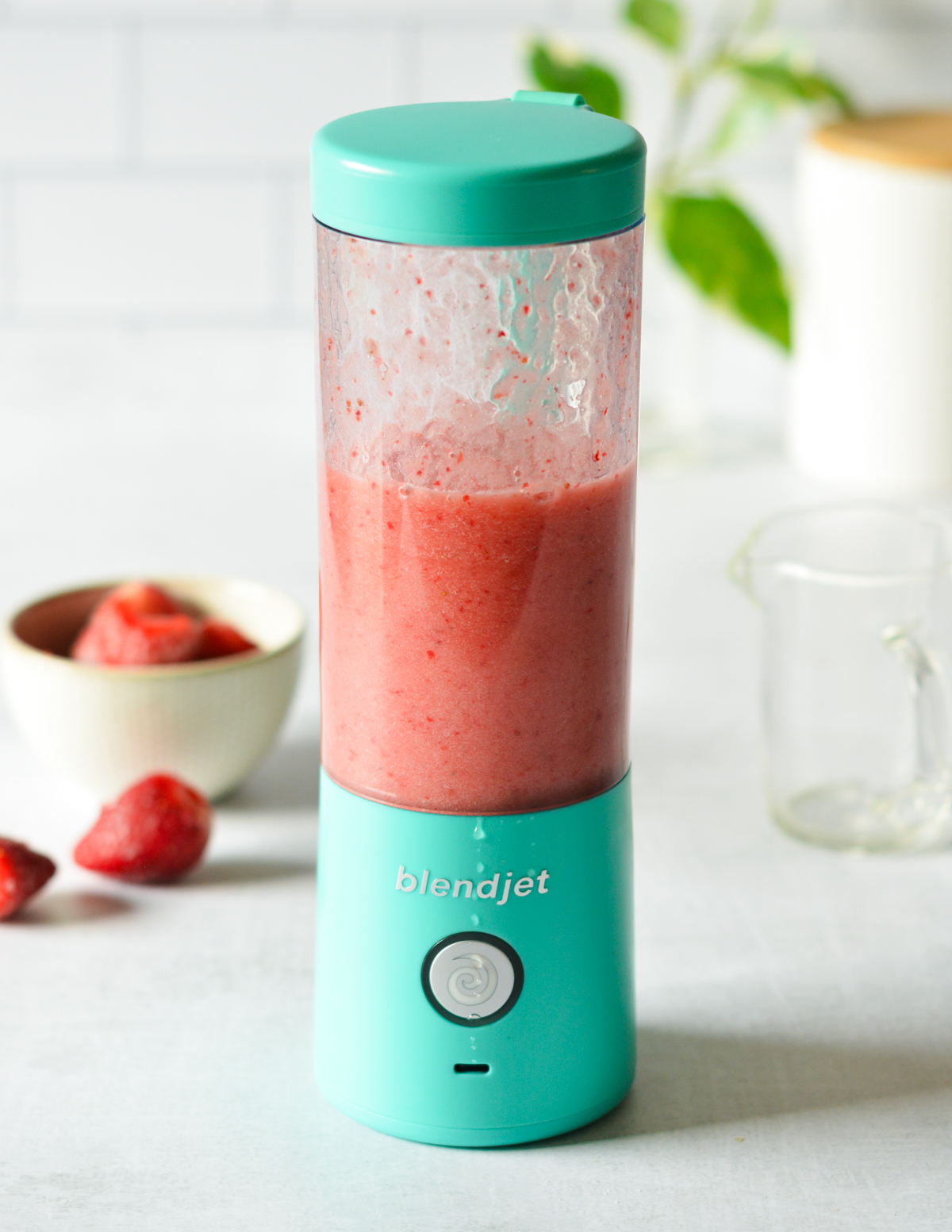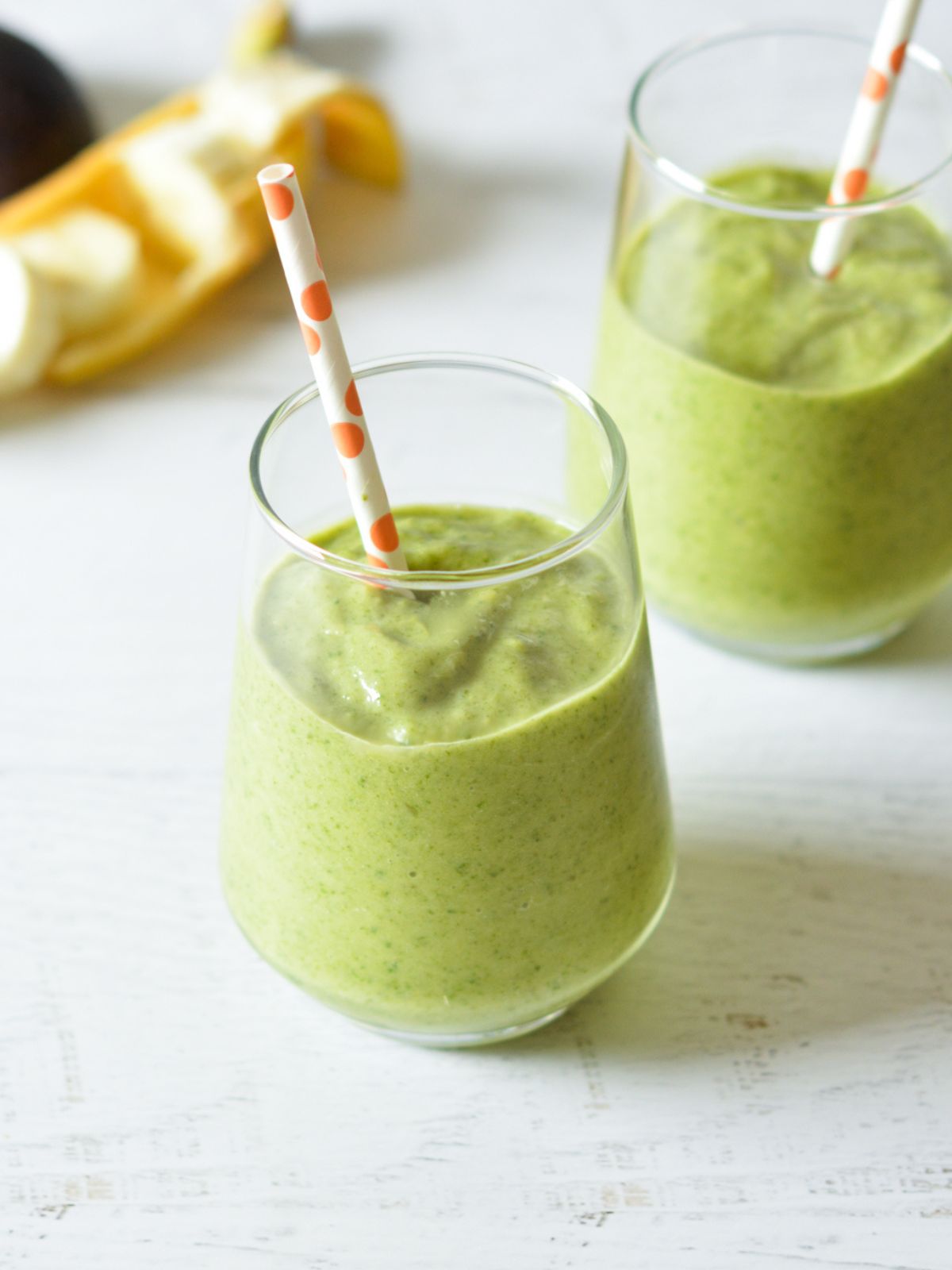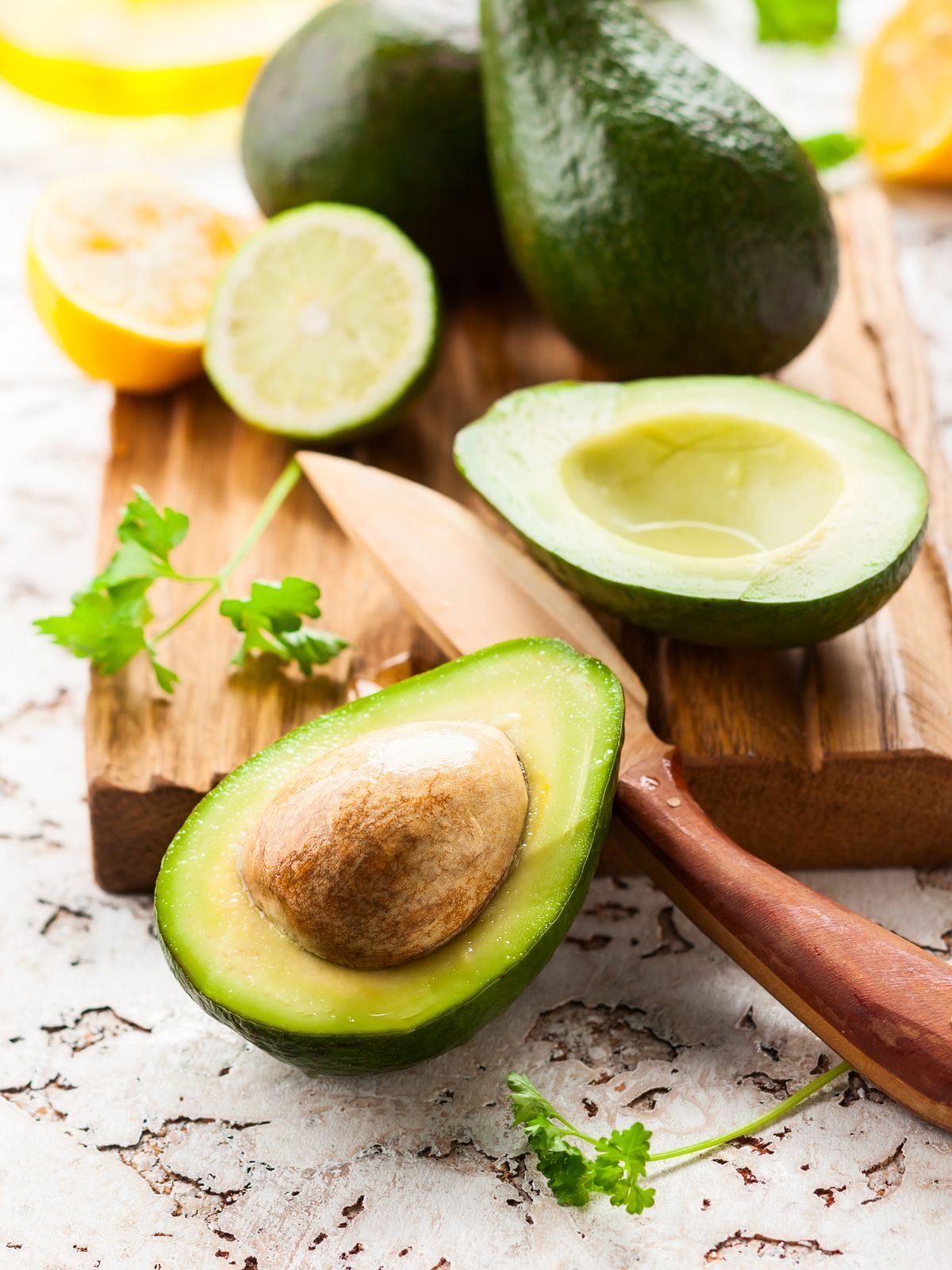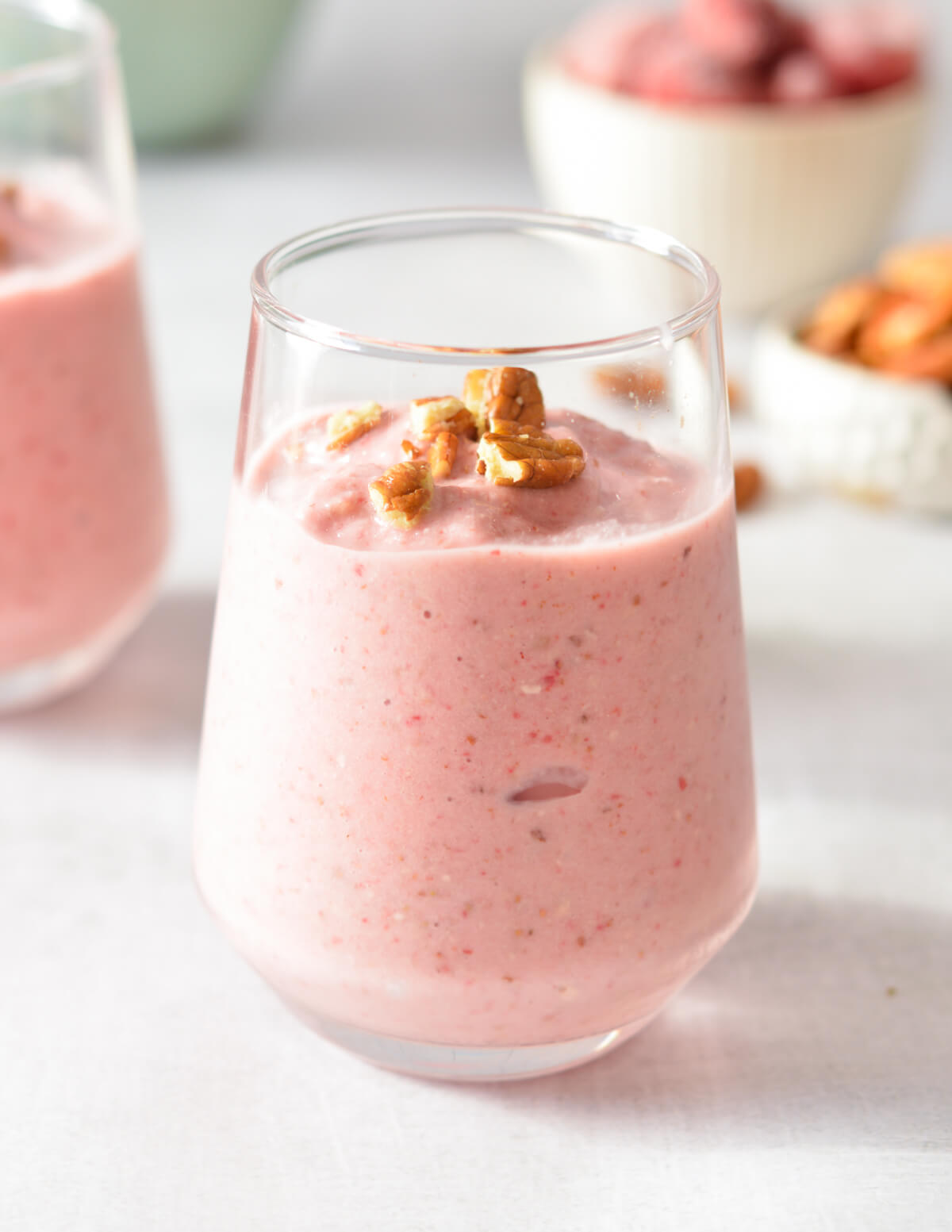13 Best Smoothie Bases
When it comes to smoothie bases, you have plenty of options! Here’s 13 of the best liquids to level up your smoothie making game.
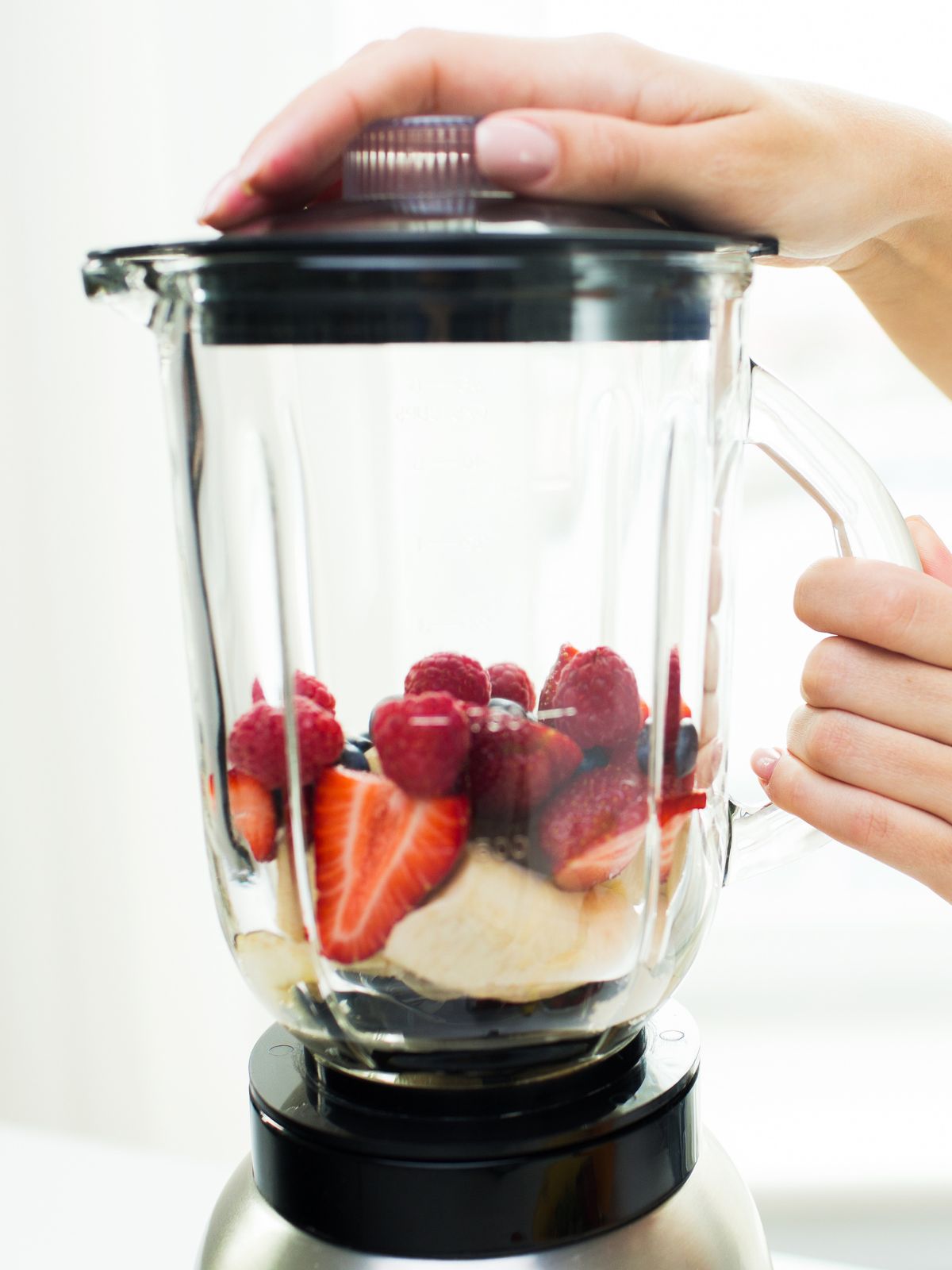
How to choose a liquid for your smoothie:
If you’re wondering how to choose a liquid base for your next smoothie, this article is for you! Water, milk, and juice may be the first liquids that come to mind, but I can think of 10 more off the top of my head.
To choose the right liquid base, consider what other ingredients you plan to put in your smoothie. For example, coffee won’t taste good with frozen pineapple, but it will taste great with peanut butter, cocoa powder, and banana!
There is one liquid base I find goes great in any smoothie and that’s unsweetened almond milk. It tastes great in protein, fruit, chocolate, green, and dessert smoothies. You really can’t go wrong!
Liquid Bases for Smoothies
Here are 13 smoothie bases to try and what ingredients they go best with!
1. Water
You can absolutely use water as a liquid base for a smoothie. Yes, it’s flavorless, but it’s also sugar-free, dairy-free, calorie-free, and hydrating! Our bodies need water to function and thrive, which makes it a very nutritious choice for a smoothie.

If you combine the right ingredients, a water-based smoothie will taste just as delicious as one with milk or juice.
Choose sweet frozen fruits and a creamy element like a banana, avocado, nut butter, or Greek yogurt to thicken it up. If it tastes meh and your not sure why, add a splash of lime or navel orange juice to make the flavor pop!
2. Milk
Dairy milk is a good option if you want a creamy smoothie! One cup of whole milk contains 8 grams of protein and 150 calories. It’s a good source of calcium, Vitamin D, and riboflavin.
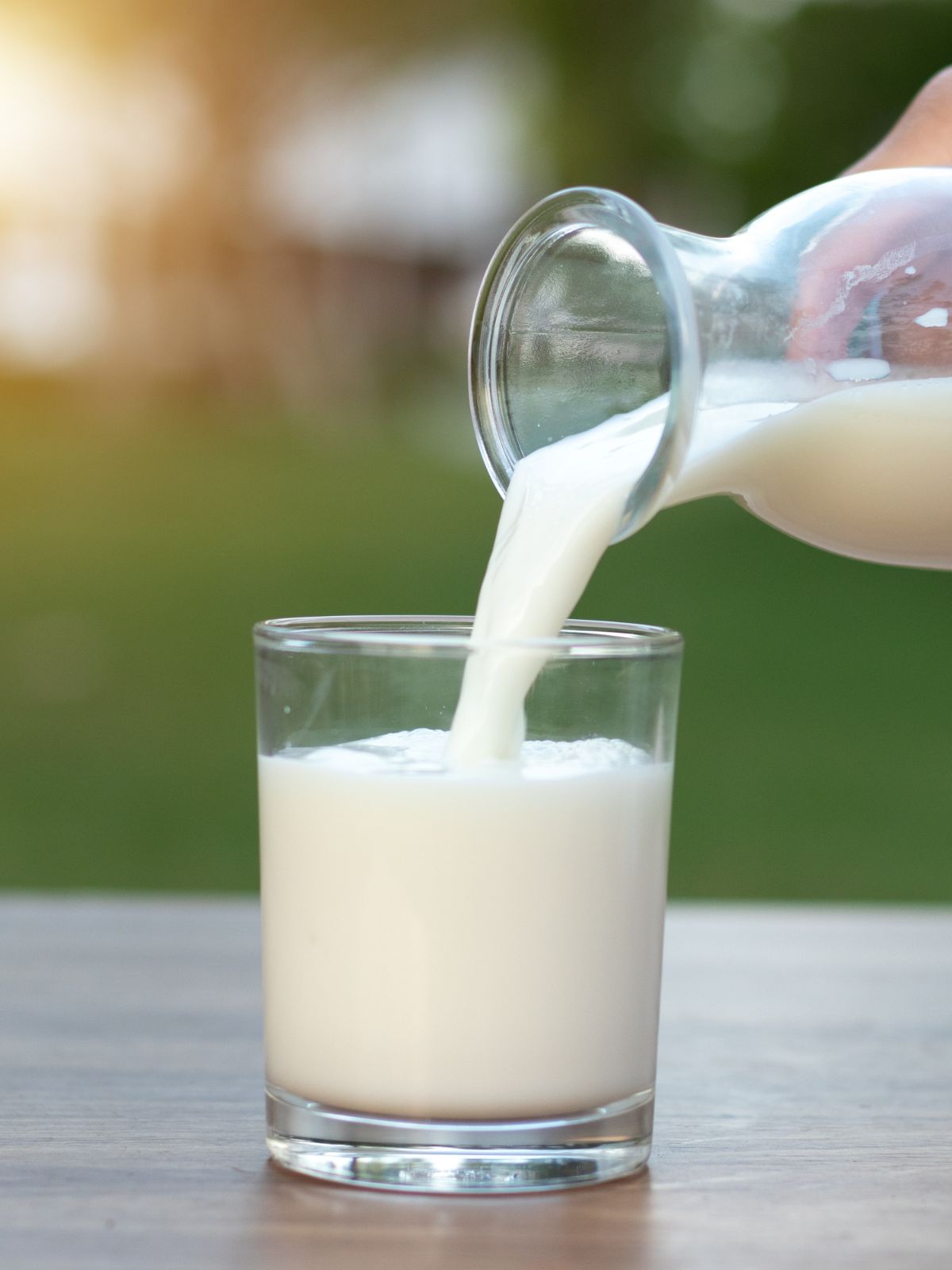
Milk tastes great with fruits like strawberries, peaches, bananas, blueberries, or raspberries. It’s also a great option for chocolate or peanut butter smoothies.
If you’re sensitive or intolerant to dairy, skip whole milk and try a plant-based milk instead.
3. Almond Milk
This is my favorite liquid base for a smoothie, and the one I use most often! Almond milk has a mild flavor and a creamy consistency that goes with ALL smoothie flavors.
I always buy unsweetened almond milk to avoid excess sugar and Almond Breeze is currently my favorite brand. I’ve found most off-brands taste good too, and there’s just a few brands I don’t care for.
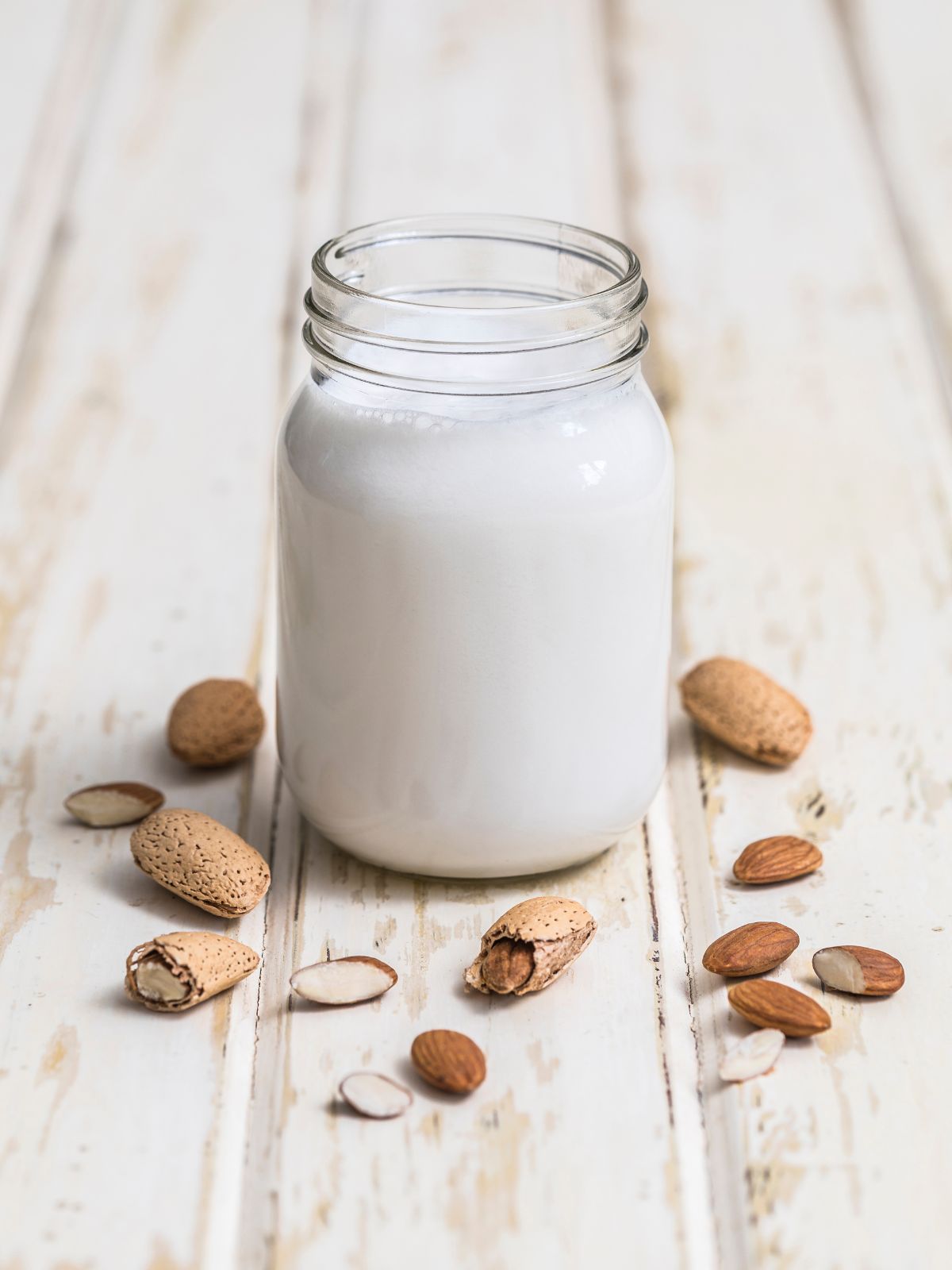
It’s low in calories, with one 3.5 ounce serving boasting a measly 15 calories. If you want to reduce calorie intake or lose weight, this is a great alternative to regular milk or fruit juice.
4. Oat Milk
Oat milk has a strong, oatey aftertaste and super creamy texture that I love. That being said, it’s best to try it first to make sure you like the flavor. Not everyone I know does.
Oat milk is just a combination of rolled oats and water that’s strained, so it’s super easy to make at home if you’re on a budget! You only need about 1/2 cup of rolled oats to 3 cups of water. Blend, strain, and use in all your favorite smoothie recipes!

It tastes great in berry smoothies, protein smoothies, and peanut butter smoothies! It’s lactose, soy, and nut-free, plus a great source of fiber.
5. Coconut Water
Coconut water is exactly as it sounds, the clear liquid inside a coconut. It’s more like a juice than plain water and it’s best to buy unsweetened coconut water to avoid added sugar.
It’s low in calories and boasts 600 mg of potassium per cup. An 8 ounce cup of unsweetened coconut water has about 44 calories and 9 grams of sugar.
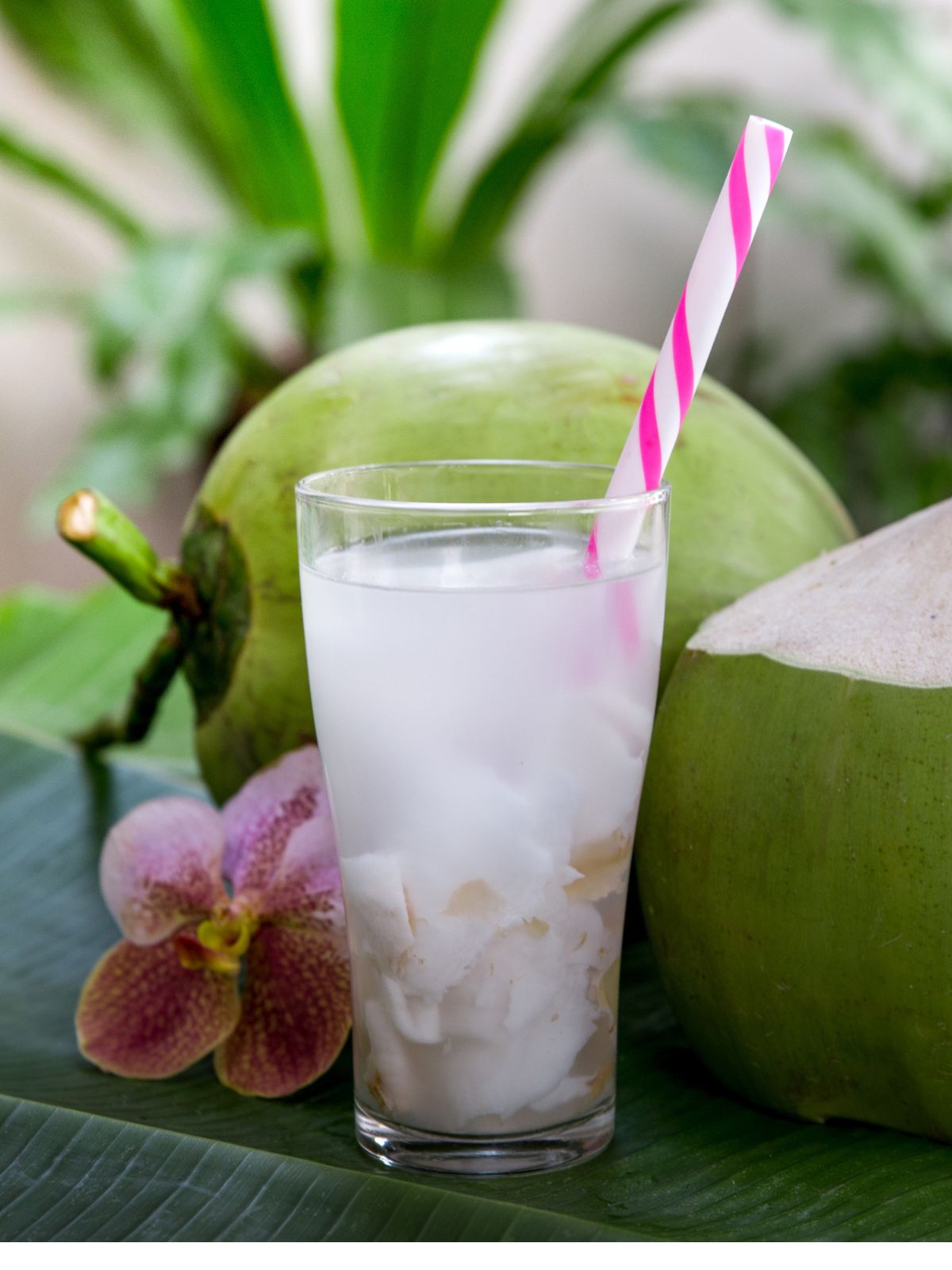
If you normally use fruit juice as a liquid base, coconut water is a healthier alternative with less sugar and calories overall. It’s also a great way to get electrolytes and strengthen your immunity.
6. Fresh Navel Orange Juice
If you love the pop of flavor juice gives to your smoothies, squeeze the juice of a navel orange into your smoothie. It tastes sweeter than store-bought juice and you don’t need as much to make the smoothie sing! I do it all the time, then use almond milk for the rest of the base.
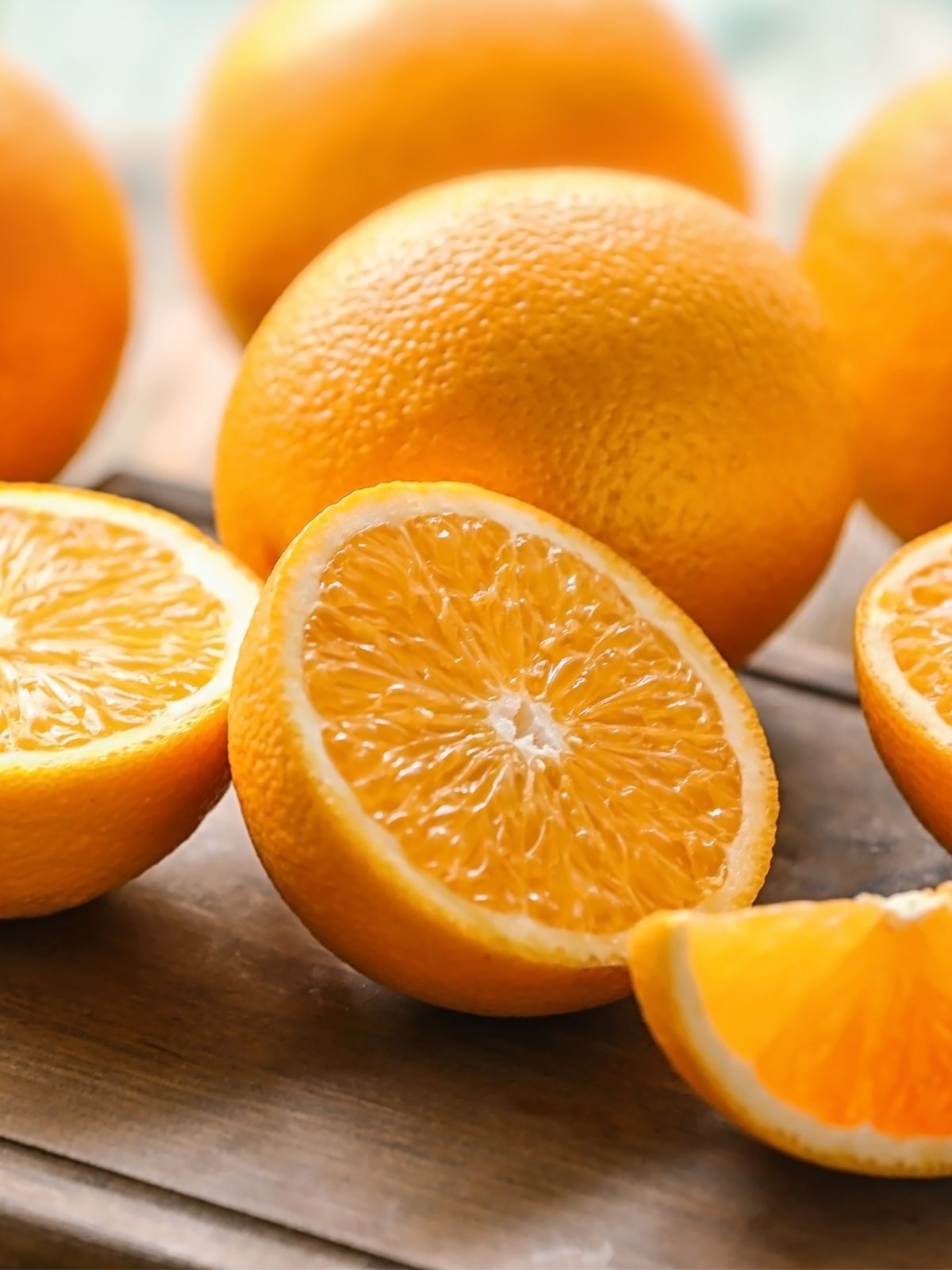
Navel oranges are a rich source of immune-boosting vitamin C and potassium! I always buy a 5 pound bag and keep it in the fridge for snacks and smoothies.
7. Coffee
It’s not a crime to get a caffeine boost and a smoothie all-in-one! Coffee makes a great base for chocolate, protein, or peanut butter based smoothies. Just make sure you use cold brew or iced coffee, otherwise you will melt the smoothie!
Try a frozen banana, whole milk, cold coffee or espresso, dark cocoa powder, and peanut butter! Blend until creamy and smooth.
8. Orange Juice
While any store-bought juice can be used as a smoothie base, I typically avoid juices made from concentrate. They’re highly processed with loads of sugar, and additives I can’t pronounce.
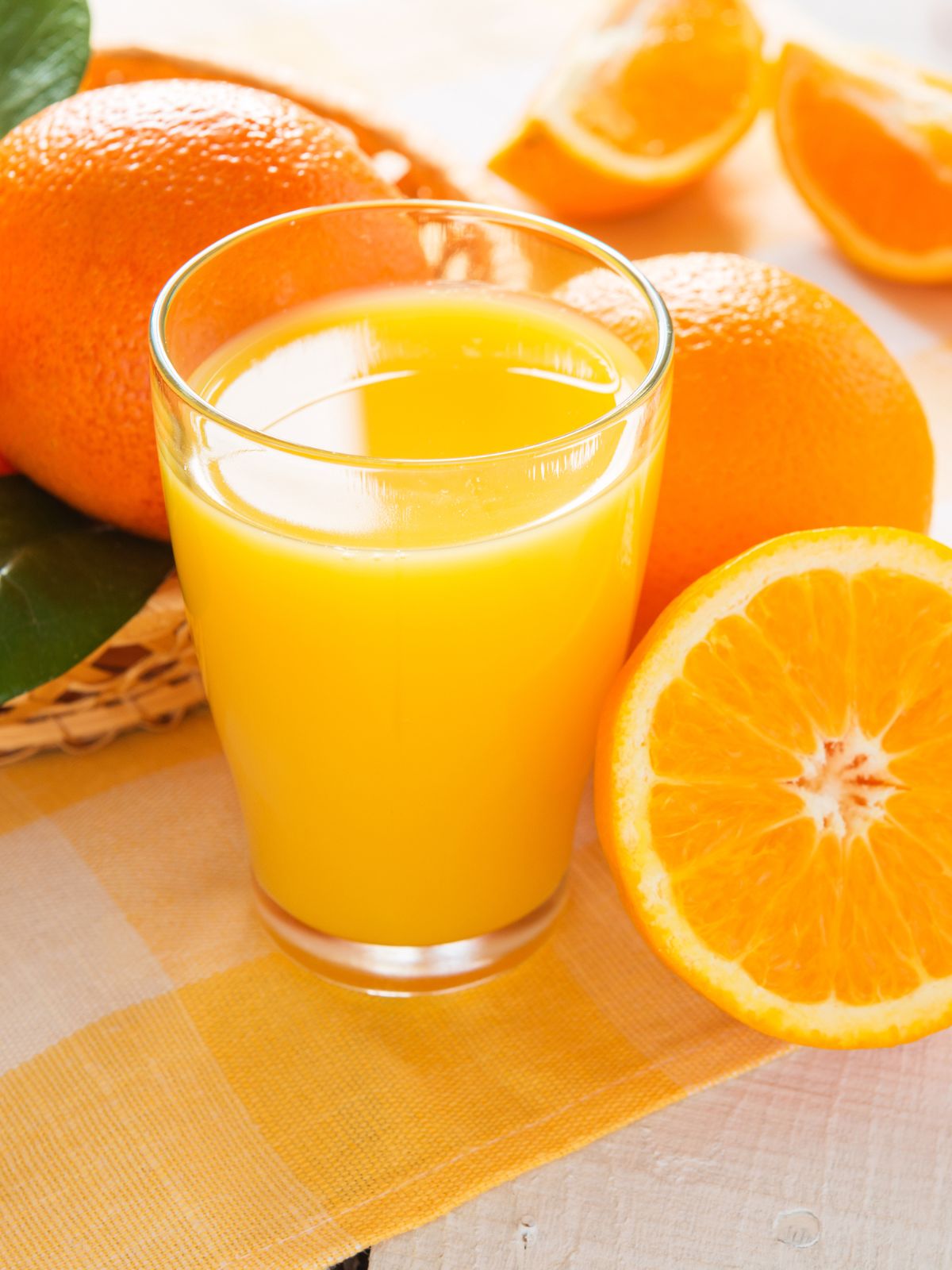
However, not from concentrate orange juice, while still high in sugar, is loaded with immune boosting vitamin C. A good option to get some of those vitamins but not all the sugar is to use half orange juice and half water or plant-based milk.
9. Black Tea
Another option if you’re looking for a smoothie with pep! If you want a little bit of caffeine, but not the mega jolt from coffee, black tea is a great option.
One cup of black tea contains about 47 mg of caffeine, about half the amount of a cup of coffee.

Just be sure to brew the tea and refrigerate it first! It tastes delicious in mixed berry, blueberry, or peach smoothies.
You could swap the black tea with an herbal tea if you want the health benefits but none of the caffeine. Just make sure it’s cold before you add it to a smoothie.
10. Lime juice
Fresh lime juice is one of my favorite addition to fruit and green smoothies! That being said, a little goes a long way. The juice of one lime is plenty. If that’s not enough liquid (and it usually isn’t!) supplement with almond milk or cold water.
Lime juice brightens up a smoothie and makes the flavor of the berries pop! It’s also jam-packed with vitamin C and antioxidants. It’s great with berries, mango, pineapple, spinach, and strawberries.
11. Carrot Juice
You can find fresh squeezed carrot juice at health food stores, or make it yourself with a juicer! Carrot juice tastes great with tropical flavors like mango, banana, and pineapple.

Carrot juice is another great source of vitamin C and potassium, plus it’s rich in vitamin A and beta carotene. It’s known to boost immunity and improve eye and skin health.
It’s naturally sweet and tastes great in tropical smoothies! Just avoid carrot juice blends from concentrate which are high in processed sugar.
12. Canned Coconut Milk
Coconut milk is made from the white flesh of mature coconuts. It has a delicious thick and creamy texture.
Canned coconut milk is high in fat and calories, which is great for weight gain smoothies! One cup of canned coconut milk has a whopping 552 calories and 57 grams of fat.
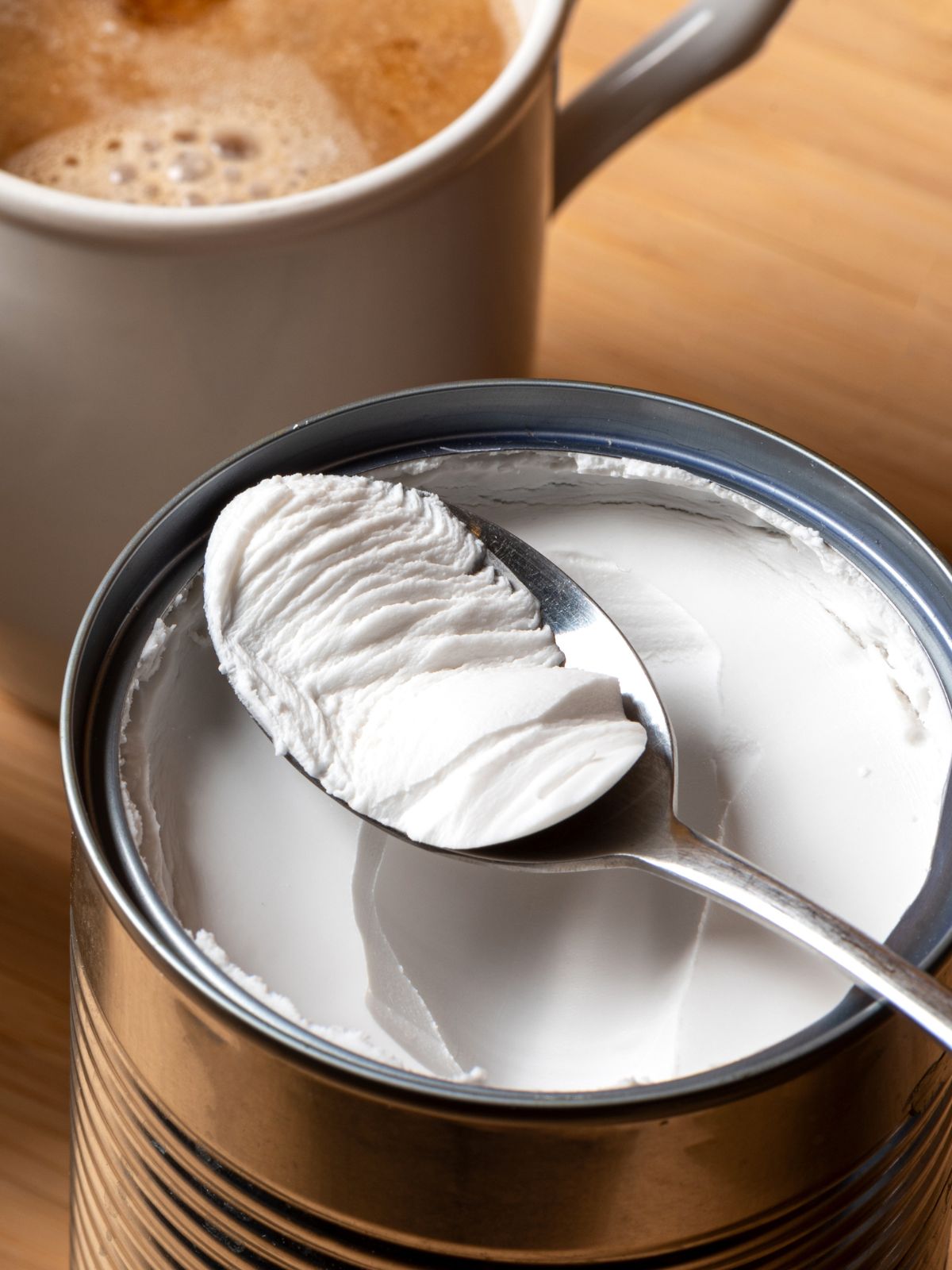
If you’re looking to pack in the calories without making a ginormous smoothie, coconut milk is a good option. It has some potential health benefits, but more research is needed.
13. Soy Milk
Soy milk is another plant-based milk made from whole soybeans. It has a mild, nutty flavor that’s naturally sweet. It’s a great option for a smoothie base and tastes great in fruit, berry, green, and chocolate smoothies.
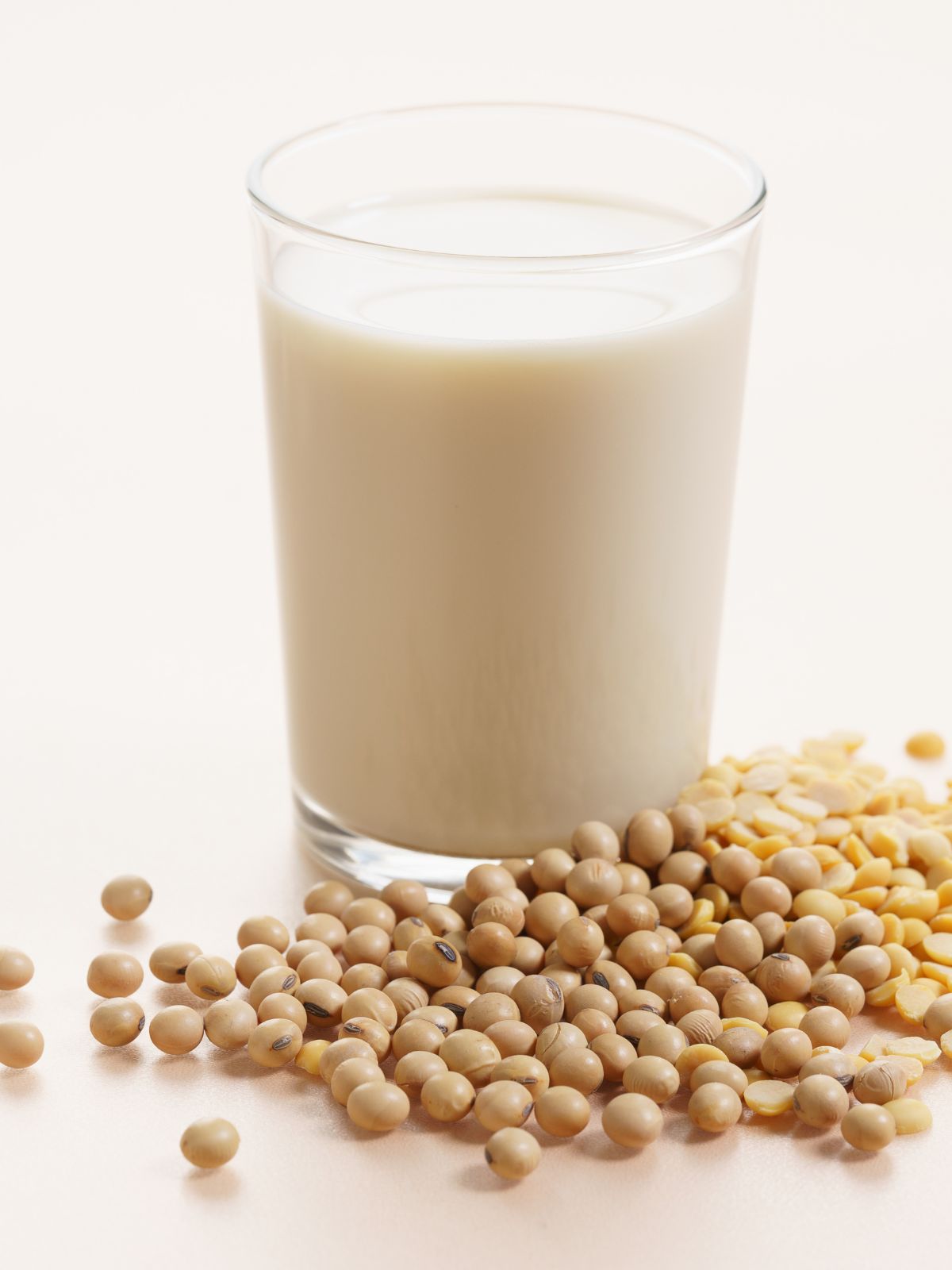
It’s best to use unsweetened versions to avoid added sugar, but you can use sweetened soy milk if you like your smoothie extra sweet.
What’s the healthiest liquid base for smoothies?
If you’re looking for healthy smoothie bases, your best bets are going to be cold water, unsweetened plant-based milks, and unsweetened tea (green, black, or herbal). The healthiest options are those without any refined sugar or additives.
And don’t worry, just because a smoothie uses a healthy liquid base, doesn’t mean it has to taste bad! Add naturally sweet fruits and creamy elements to make it taste great.
For example if you use water as a base, try a sweet and creamy banana, mixed berries, and thick unsweetened Greek yogurt.
FAQs:
This is more of a preference than anything, but I recommend unsweetened almond milk. It’s mild and neutral in flavor with a creamy finish and it’s low in calories too! It tastes great in all different types of smoothies, including chocolate, fruit, berry, tropical, green, and peanut butter. It’s also dairy-free and plant-based.
Again, this is more of a preference question. A smoothie with milk will taste slightly creamier than one made with water.
If you’re looking for a healthy option, the best juice to use is fresh-squeezed juice from whole citrus like navel oranges. If you don’t want to squeeze your own, the next best thing is store-bought juice that’s not from concentrate with no additives or refined sugar.
